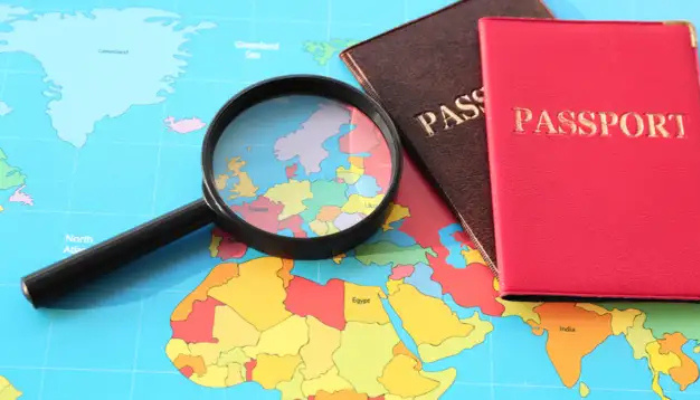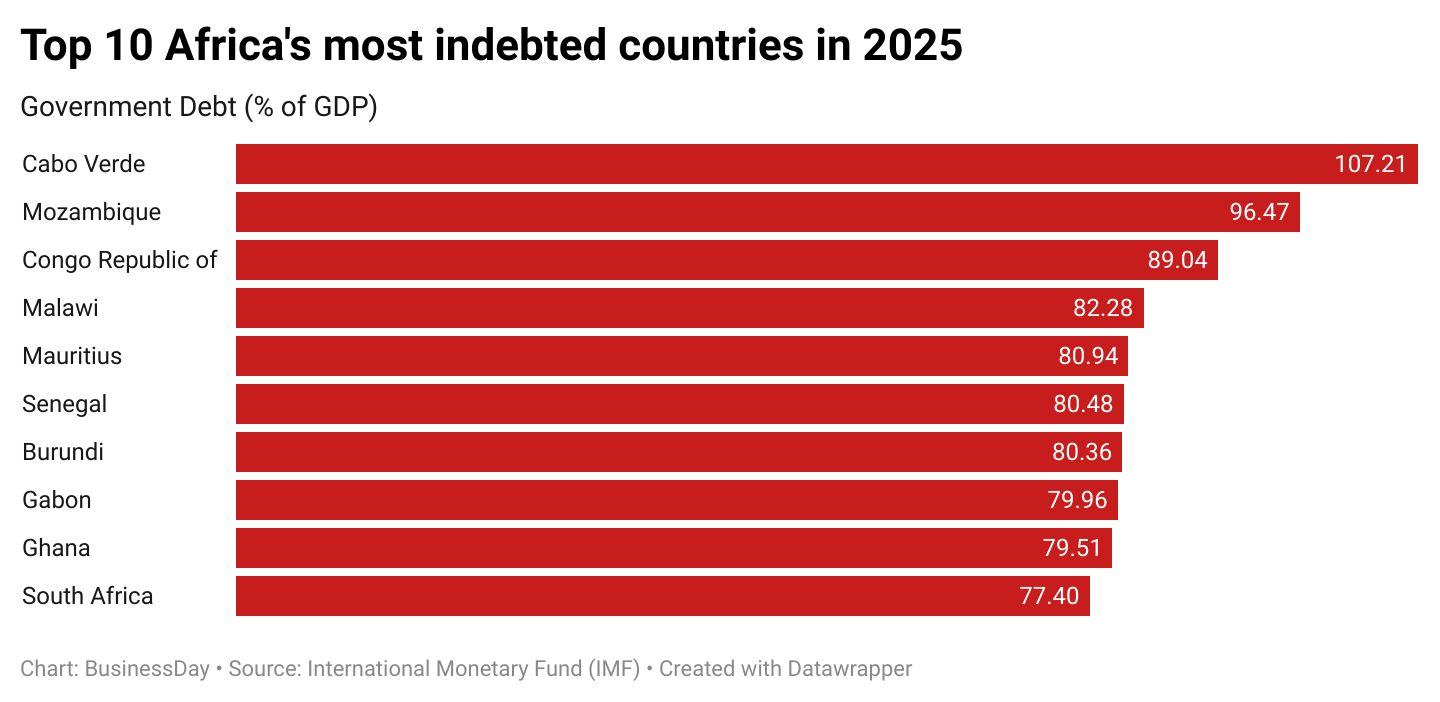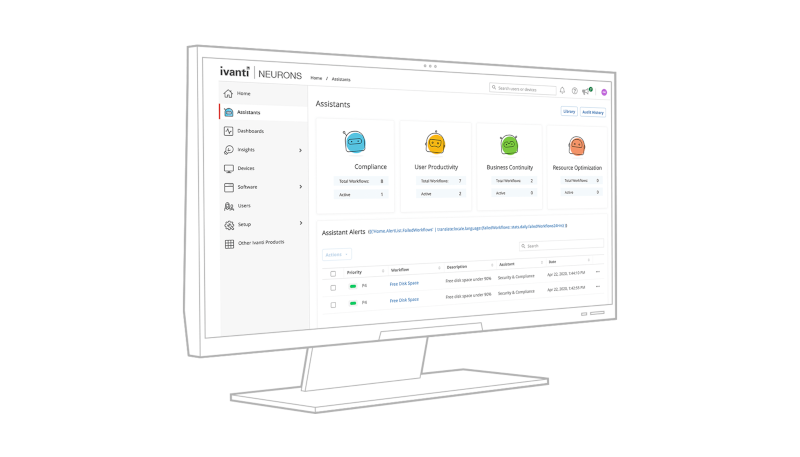Unlock the Editor’s Digest for free
Roula Khalaf, Editor of the FT, selects her favourite stories in this weekly newsletter.
Aid to Gaza remains close to all-time lows one month after the US said it would not halt arms transfers to Israel because it had seen “some progress” in enabling humanitarian aid to reach the shattered enclave.
Washington said at the time that it expected Israel to further improve conditions for Palestinians in the besieged strip. But humanitarian officials say conditions have worsened, as looting nearly choked off supplies from the main aid access point and Israeli forces killed Palestinians guarding convoys against theft.
About 1,700 trucks entered the enclave in the month to December 12, according to UN data, just over 100 more than in the preceding month, when aid deliveries hit their lowest point since the start of Israel’s war with Hamas.
“It got to the point where we were lucky if we got half a truck in,” said Louise Wateridge, UNRWA Senior Emergency Officer in Gaza. “People can’t have one day where they just know: my family will eat.”
Central and south Gaza, where most residents now live, have faced deepening hunger. Bakeries have been overrun by desperate Palestinians, with some even crushed to death. Three people were suffocated in a November 29 incident in a food queue in central Gaza.
Flour is so scarce that one sack costs $162, according to a joint report by more than a dozen aid groups including Save the Children and The International Rescue Committee published on December 13.
On October 13, the US secretaries of state and defence wrote to the Israeli government, which controls all the crossings to Gaza, giving it 30 days to “surge all forms of humanitarian assistance” in the strip and “end isolation of northern Gaza” immediately, warning that military assistance could be at risk if conditions did not improve.
A month later the US said it would not withhold military aid, saying it had seen “some progress being made”, despite warnings from aid groups that conditions had deteriorated.
Most of the little food that enters the enclave is stolen because Israel only allows aid trucks to take routes where looting by organised gangs is rampant, aid workers said.
Meanwhile Israel regularly denies or delays humanitarian missions access to Gaza, with all attempts by the UN to deliver aid to the besieged north between Nov 13 and Dec 10 denied or impeded, according to the report.
The US pointed to Israel’s opening of the Kissufim crossing to central Gaza as a sign of improvement, but just 67 trucks have entered from there in the past month. Looting has also impeded deliveries there.
“It’s not enough for Israel to drop aid off at the border and open one gate. They need to open all land routes simultaneously and ensure protection for an unfettered aid response inside Gaza too,” said Bushra Khalidi, policy lead for Oxfam.
UNRWA paused aid transfers from Kerem Shalom, the main humanitarian aid entry point into the south and centre of the strip, on December 1 after looting made it impossible to work. WFP had already suspended pick-ups from the crossing.
A senior UN official told the Financial Times that subsequent US pressure may have led Israel to allow the organisations to take an alternative route within Gaza from Kerem Shalom.
For two days, aid convoys on the alternative route reached their destinations with almost unprecedented success, said four senior humanitarian officials and a Palestinian transport insider.
A convoy of more than 100 trucks reached their destination without a single one being looted on Wednesday night after community members lined the streets to protect the aid from thieves, they said.
But the following day, just before a third convoy set out, Israeli forces opened fire on Palestinians planning to provide protection for the trucks, said the four humanitarian officials and the Palestinian transport insider.
At least 20 people were killed, according to two aid workers. Just one of the more than 70 trucks in the convoy made it, while the rest were looted.
In response to questions about the incident, the IDF said they had carried out strikes on Hamas operatives intending to steal the aid trucks.
It said: “The IDF continues to precisely operate against the Hamas terrorist organisation and takes every measure to mitigate harm to uninvolved civilians, and . . . will continue to act in accordance with international law to enable and facilitate the transfer of humanitarian aid to the residents of the Gaza Strip.”
The Israeli military body responsible for humanitarian affairs in Gaza, known as Cogat, did not respond to questions about humanitarian aid and looting.
Israel launched its offensive in Gaza in response to Hamas’s October 7 attack, during which militants killed 1,200 people, according to Israeli officials, and took 250 hostage. Almost 45,000 Palestinians have been killed in Israel’s campaign, according to the health ministry in Gaza.
Khalidi said of Oxfam workers: “Even our own staff are dependent on humanitarian aid . . . My brother-in-law tells the kids not to play or run so they don’t get dizzy because they’re only having one meal a day.”
Data visualisation by Aditi Bhandari









Leave a Comment